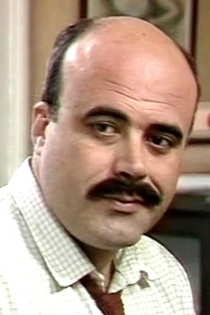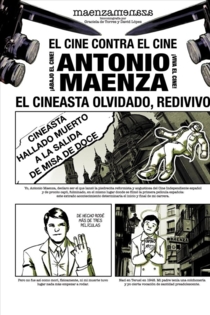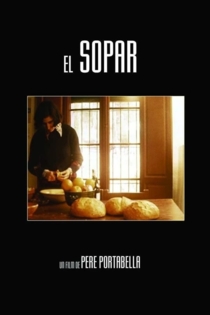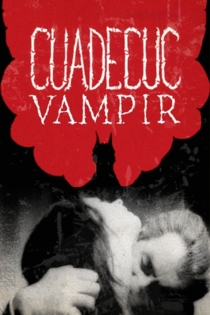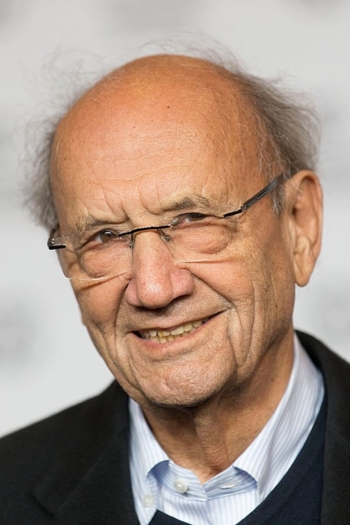
Pere Portabella
1927 (99 лет)Bibici Story
Carlos Durán
Emma Cohen, Ricardo Bofill
While waiting to get started on the production of his feature Liberxina 90 (1970), Carlos Duran shot this short (with very expressive support by several Escuela de Barcelona professors): a grimly colourful satire on modern society as such, and on its fascist Spanish variety in particular. "The intrusion into the private life of a human being, of the distinct tendencies that exist in the society we live in, until they fall into chaos." Carlos Durán
BiBici Story
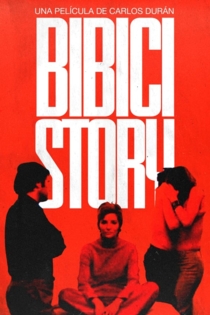
Cineastes en acció
Carlos Benpar
Marta Belmonte, Aitor Martínez
What is the state of cinema and what being a filmmaker means? What are the measures taken to protect authors' copyright? What is their legal status in different countries? (Sequel to “Filmmakers vs. Tycoons.”)
Filmmakers in Action
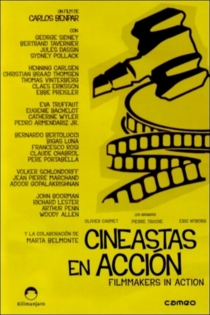
Die Stille vor Bach
Pere Portabella
Àlex Brendemühl, Féodor Atkine
This latest feature from the eccentrically experimental Catalan director Portabella is a beautiful, sometimes faintly bonkers celebration and contemplation of the role Bach’s music plays in the world today. Blending historical reconstruction with very loosely linked ‘dramatic’ scenes and documentary sequences, the film constitutes a playful, painterly sequence of variations on the argument that Johann Sebastian changed the way the world hears thanks to his extraordinary ear for harmony.
The Silence Before Bach
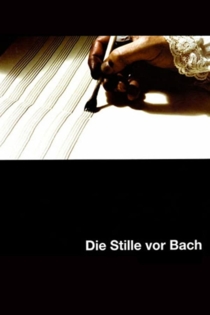
No contéis con los dedos
Pere Portabella
Mario Cabré, Josep Centelles
Pere Portabella’s first work as a director starts with the following phrase: “defeated…but not conquered”. This may or should be taken as an allusion to the technical K.O. taken by Portabella from Franco’s regime during the sixties as regards his work as a producer. Through the extremely raging playthings of the words of Catalan poet Joan Brossa, Portabella attempts to dismantle the forms of advertising discourse of that time.
Don't Count On Your Fingers
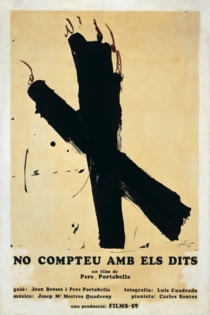
Informe general sobre unas cuestiones de interés para una proyección pública
Pere Portabella
Felipe González, Raúl Morodo
How does a country go from a dictatorship to a democracy? A detailed report on the political representation in the heart of the Spanish Transition, only a few months after General Franco’s death, when the sincere democratic vocation of Spanish people must effort to destroy, one heavy brick after another, the wall that those who supported the dictatorship and those who fought it from the exile built with resentment, hatred and prejudices.
General Report
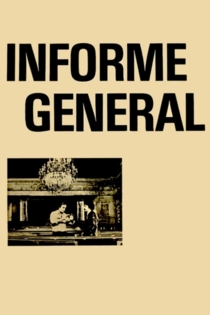
Pont de Varsòvia
Pere Portabella
Carme Elias, Francisco Guijar
A female professor, a writer, and an orchestra conductor--three characters, two couples--attend a grand literary cocktail party. The writer has just won the prize for his book "Warsaw Bridge." The winner answers the journalist's questions one after another, but he is unable to come up with a synthesis of the plot of his book. They will simply have to read it.
Warsaw Bridge
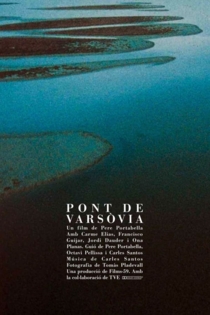
Umbracle
Pere Portabella
Christopher Lee, Jeannine Mestre
This film turns on two basic axes: the inquiry into ways of cinematographic representation and a critical image of official Spain at the time of the Franco dictatorship. “Montage of attractions” and Brechtianism in strong doses. Umbracle is made up of fragments (some are archive footage) that resound rather than progress by unusual links, with dejá vu scenes that promise us more but remain tensely unfinished. Jonathan Rosembaun said: “few directors since Resnais have played so ruthlessly with the unconscious narrative expectations to bug us”. Learning from the feeling of strangeness caused by Rossellini as he threw well known actors into savage scenery in southern Europe. Portabella makes Christopher Lee wander around a dream-like Barcelona. Without a doubt Portabella’s most structurally complex and most profoundly political film, that is ferociously poetic.
Umbracle
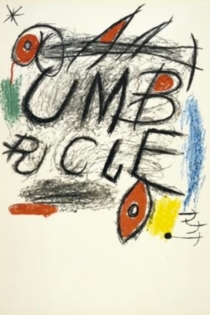
Informe general II. El nou rapte d'Europa
Pere Portabella
Portabella is putting forward the second part of one of his historic works, the “General report on certain matters of interest for a public screening”, which peeked out in 1976 at the start of the political transition process after Franco’s death. This second “Report” is made in the context of a severe systemic crisis in the cultural, economic-financial, political and energy fields. Above all, it nevertheless bears witness to the way civil society is coming out of this crisis with a new prominence, consisting quite simply in ordinary people’s recovering politics.
General Report II: The New Abduction of Europe
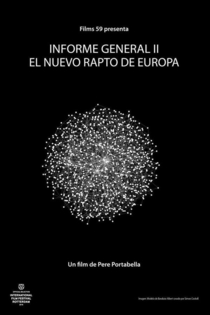
Nocturno 29
Pere Portabella
Lucia Bosé, Mario Cabré
Portabella’s first feature, co-scripted by poet Joan Brossa, became one of the most influential works of the Barcelona avant-garde, although like all his early films, it circulated only in an underground fashion. Eschewing dialogue, the director constructs a non-narrative story in fragments that reveal the daily lives of an adulterous couple interspersed with a cryptic stream of unrelated imagery. The title of this homage to directors including Eisenstein, Antonioni, Bergman, and Buñuel refers to the 29 “black years” of the Franco dictatorship. — chicago.cervantes.es
Nocturne 29
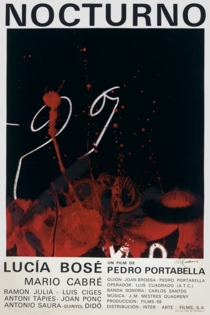
España otra vez
Jaime Camino
Manuela Vargas, Mark Stevens
David (Mark Stevens) is a physician who returns to Spain 30 years after his involvement in the Spanish Civil War. Now a member of a medical convention, he looks up old friends and finds his former lover, now a married woman with a flamenco-dancing daughter. He and the daughter (Manuela Vargas) have an immediate and mutual attraction to each other. He considers running away with the exotic beauty before asking his wife to join him for an extended vacation after the convention .
Spain Again
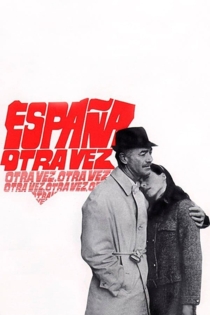
Aidez l'Espagne
Pere Portabella
The Colegio de Arquitectos de Catalunya commissioned Pere Portabella to make this film for the Joan Miró retrospective exhibit in 1969. There were heated discussions on whether it would be prudent to screen the film during the exhibit. Portabella took the following stance: "either both films are screened or they don't screen any" and, finally, both Miro l'Altre and Aidez l'Espagne were shown. The film was made by combining newsreels and film material from the Spanish Civil War with prints by Miró from the series "Barcelona" (1939-1944). The film ends with the painter's "pochoir" known as Aidez l'Espagne.
Aidez l'Espagne
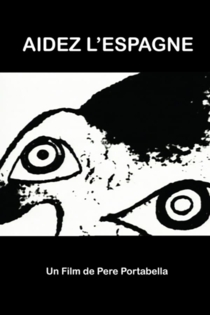
Miró Tapís
Pere Portabella
Commissioned by the Maeght Gallery with the exhibition of Joan Miró, organized by the French Ministry of Cultural Affairs at the Grand Palais, which opened on May 17, 1974 in Paris. This film was shot in six days in Montroig del Camp (at the Miró) and Tarragona during the implementation process, by Josep Royo, a tapestry by Joan Miró. Five people worked for eight months in the realization of this tapestry, using wool 1200kg and 600kg for the warp. The total weight of 3500kg and a half was six meters wide by 11 meters long. They need a purpose built weaving loom. The day of the attack on the World Trade Center in New York on September 11, 2001, the tapestry was placed in the lobby of one of the towers when they were demolished.
Miró tapís

